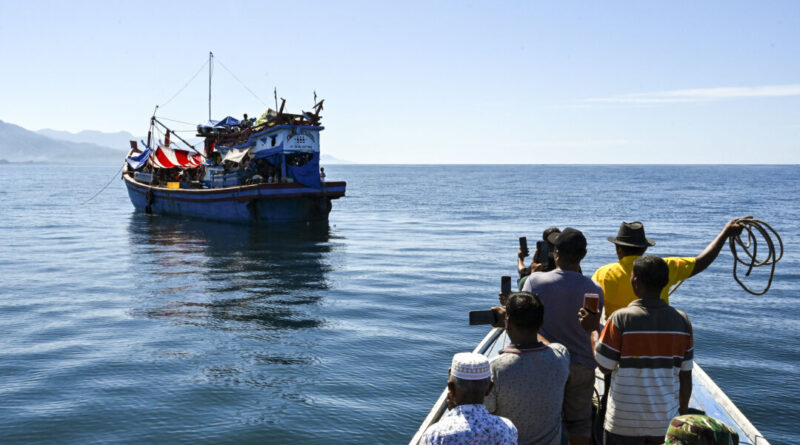New Migration Bill Eliminates Possibility of Mass Deportation of 80,000 Non-Citizens
Australia’s immigration minister has addressed concerns about mass deportation that arose after the passing of the Migration Bill amendment.
Concerns regarding mass deportation have been dismissed following the implementation of new migration laws.
Immigration Minister Tony Burke stated on Dec. 1 to Sky News, “There was some strange speculation … that we’re on the verge of deporting 80,000 people. I have no plans to make a dramatic announcement about mass deportation or anything of that sort.”
After the passage of the Migration Bill amendment in Parliament, suggestions arose that almost 80,000 non-citizens could face mass deportation.
Meanwhile, the new law empowers the immigration minister to pay third countries to accept individuals in immigration detention.
Purpose of the Migration Amendment
The bill was introduced to address security gaps exposed when the High Court declared indefinite detention unlawful, leading to the release of over 200 immigration detainees, many of whom had committed serious offenses like murder, domestic violence, and rape.
This move drew criticism from the Coalition for not doing more to prevent individuals of concern from re-entering the community.
Burke explained that the new powers were designed as a precaution for a small number of individuals who refuse to leave voluntarily and engage legal help to remain in the country.
Greens Senator David Shoebridge remains opposed to the law, citing the Coalition’s tough immigration policies as a potential risk, suggesting that a future minister could authorize the deportation of 80,000 people.
The migration bill also authorizes the banning of visa classes, such as business visas, from countries that decline to take back citizens Australia seeks to deport due to their stance against forced removals.
Burke mentioned that the threat of visa bans had influenced the attitudes of some nations.
Phone Ban in Detention Centres
A ban on mobile phones in detention centers was also approved by Parliament with support from Labor and the Coalition.
Burke highlighted that outlaw motorcycle gang members and individuals linked to organized crime have tried to operate through detention centers.
With around 90% of individuals in immigration detention facilities having a criminal record, it was crucial to prevent criminal gangs from operating within them, he added.
When asked why communication access for detainees needed to be restricted, Prime Minister Anthony Albanese emphasized that ensuring community safety was the top priority.
Shoebridge, however, criticized the ban, asserting that it should be up to the courts to determine criminal punishment, with individuals convicted of crimes having served their sentences.
He suggested that if there was evidence of illicit behavior, law enforcement could obtain a warrant and confiscate phones.
“People are not in immigration detention due to criminal activities; their presence is related to their visa status,” Shoebridge stated.
He further argued that the ban could hinder reports and allegations of human rights abuses.
Burke emphasized that detention facilities must ensure that detainees without phone access can still contact their families and lawyers through alternative means.



